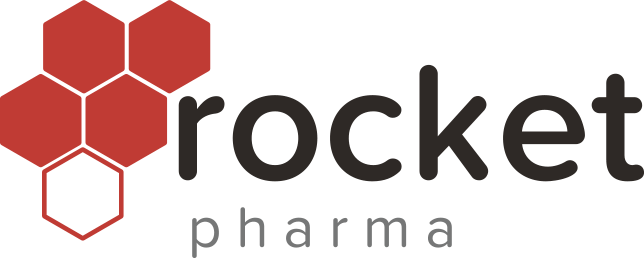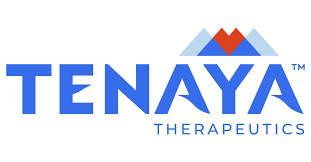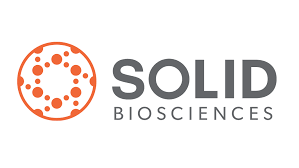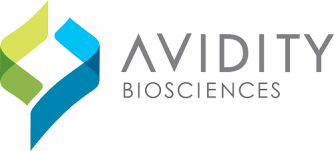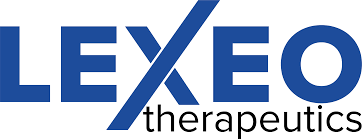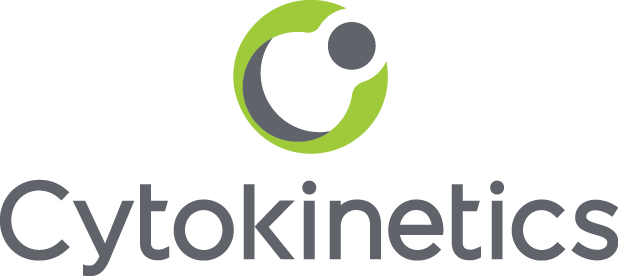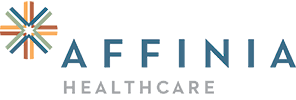We’d like to introduce you to a member of our DCM community: Kaitlyn Amos. 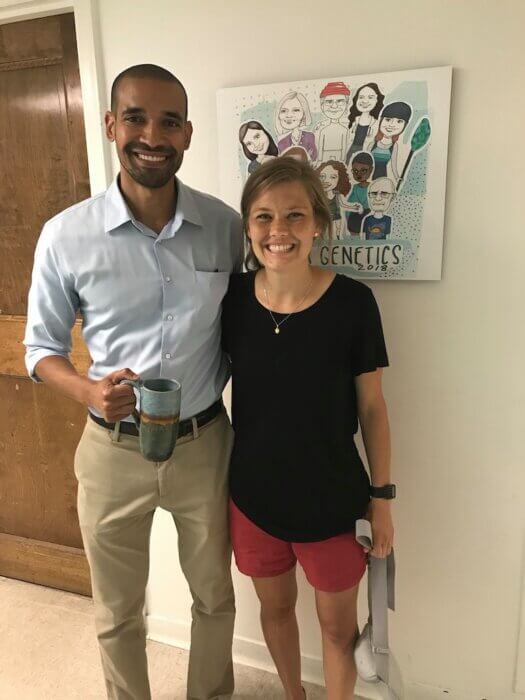
Kaitlyn was raised in Waco, Texas, and grew up playing sports. In the fall of 2006, she went on to study at and play soccer for Baylor University. During freshman year, she started to notice a decrease in stamina and eventually, in 2007, was diagnosed with dilated cardiomyopathy. She received an ICD the following year.
After graduating from Baylor in 2010, she moved to Charlottesville to begin her career. In 2015, she met with Matthew Thomas (pictured), a cardiovascular genetic counselor, to learn about the role genetics may play in her DCM. Over these years, she felt healthy and was “able to normalize the decline.” A heart transplant wasn’t something that she needed to think much about.
Kaitlyn’s experience with her genetic counselor had a tremendous impact. From a medical perspective, she was able to learn more about her health. On a personal level, she became invested in the impact genetic counselors can have and decided to pursue genetic counseling as a career. In August of 2018, she matched with a genetic counseling training program in Houston.
Later that same year, her health declined rapidly. She was in and out of the hospital for procedures and emergency visits due to heart failure and tachycardia. Fortunately, her graduate program was located right next to Houston Methodist where she received treatment.
On November 6th, 2018 Kaitlyn was admitted for a heart transplant and by November 27th she had received a new heart. She emphasized how fortunate she was to be given a heart, especially so quickly. After a year-long recovery, she felt her “aliveness had changed since the transplant” and she had “an imagination for life ahead that is incredible, to say the least.” This is the impact that a transplant can have on a person, their family, their friends.
Now Kaitlyn is employed as a cardiovascular genetic counselor. She’s making an impact on her clients just as her counselor did for her.
When asked about what National Donate Life Month meant to her, she said she was reminded of our ability to choose to become an organ donor; it’s a gift we can give that’s radical and provides hope.
“Imagine every life as a story. Your choice to be an organ donor allows someone else’s story to be sustained. You can choose that. You can choose that at 16.”
– Kaitlyn Amos
Let’s continue to care for our community and take pride in the fact that so many choose this gift.
To register to become an organ donor, please visit:
www.organdonor.gov

